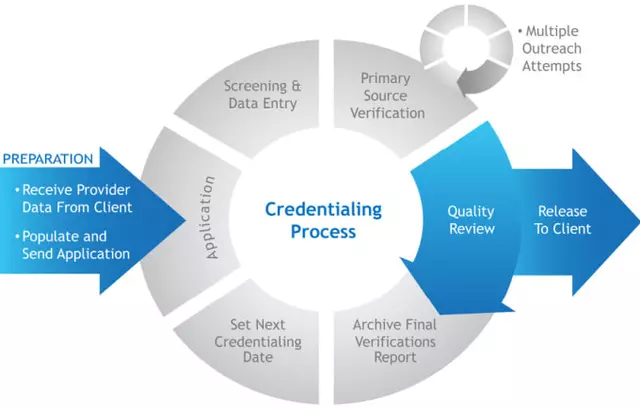Online Job Safety: How to Stay Secure When Working Remotely
Thinking of taking an online job? Good move — flexible work can be great. But before you hand over personal info or accept the first offer, check the basics. A few simple habits stop most scams and keep your data safe without killing your chances of getting hired.
Remote roles like data entry, transcription, and virtual assistance are popular targets for fraud. Scammers use fake job posts, ask for upfront fees, or request sensitive documents. You don’t need to be paranoid — just practical. Below are clear signs to watch for and steps you can use every time you apply or accept work.
Spotting scams fast
Watch for these red flags: unusually high pay for easy tasks, requests for money or gift cards, vague job descriptions, and employers who only communicate through chat apps with no company email. If a post promises thousands with little effort, treat it like a warning sign. Real employers usually post clear duties, a company name, and contact details.
Check the job post copy. Poor grammar and spelling mistakes, copy-pasted company names, or repeated messages across different platforms are often signs of a scam. For data entry jobs, be suspicious if the requester asks you to buy software, pay a "registration" fee, or transfer money as part of the task. Always ask for a simple paid test task first — scammers avoid paying anything.
Research the employer fast: google the company name with words like “scam,” look up LinkedIn profiles, and find official website info like an address or phone number. If you can’t find consistent details, step back. A quick background check usually shows whether a contact is real.
Practical security steps
Start with your contact details. Use a separate email and, if possible, a secondary bank account for freelance payments. Never share your full Social Security number or scanned ID before a formal contract and clear payment terms. If a client insists on sensitive documents too early, pause and ask why.
Protect your devices. Update your operating system, use strong unique passwords, enable two-factor authentication, and run antivirus software. When on public Wi‑Fi, use a VPN to avoid eavesdropping. Back up your work regularly to avoid losing files or falling victim to ransomware.
Agree payment terms in writing. Use reputable payment platforms that offer protection or invoices. For long-term work, sign a short contract that covers payment schedule, ownership of work, and confidentiality. Keep records of conversations and payments so you can resolve disputes if needed.
Trust your gut. If something feels off — a rushed hire, pressure to share private info, or demands to work unpaid — step away. Report suspicious posts on the platform where you found them and warn others in forums or social media groups.
Small checks and clear rules keep online work safe. Use this checklist: verify the company, avoid upfront fees, protect your accounts, require payments in writing, and keep backups. Do that, and you’ll cut most risks while enjoying the benefits of remote work.
Is online data entry job safe?
This article discusses the safety of online data entry jobs. It examines the potential risks associated with this type of work and provides tips to help ensure safety. It also looks at the benefits of working from home and how one can protect themselves from scams. It ultimately concludes that while there are some risks, there are steps one can take to protect themselves and still make money from online data entry jobs. Ultimately, online data entry jobs can be a safe way to make money from the comfort of one's own home.





